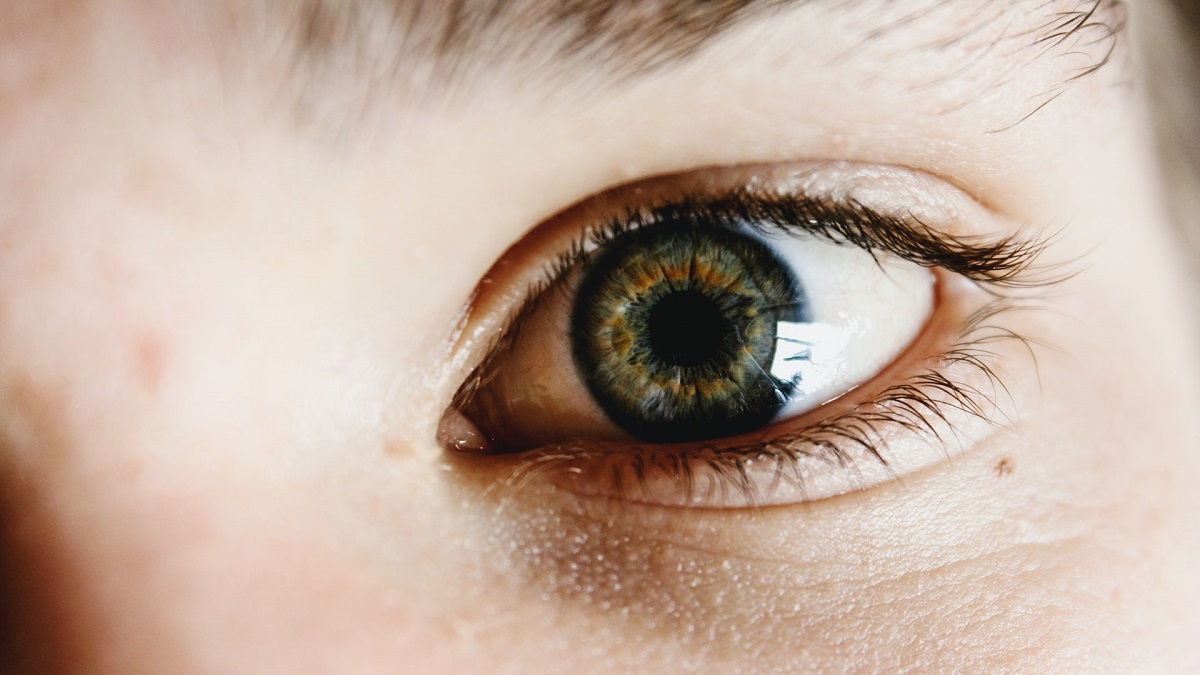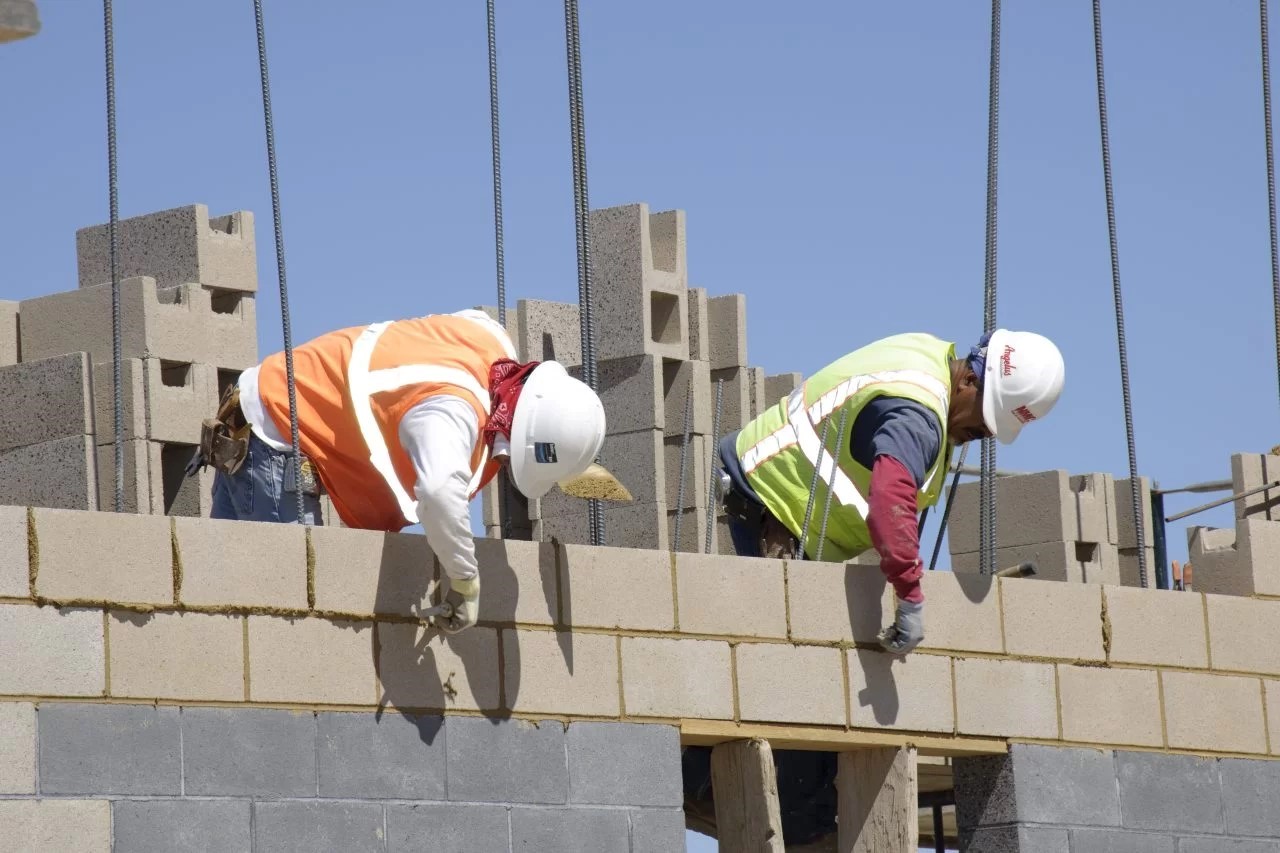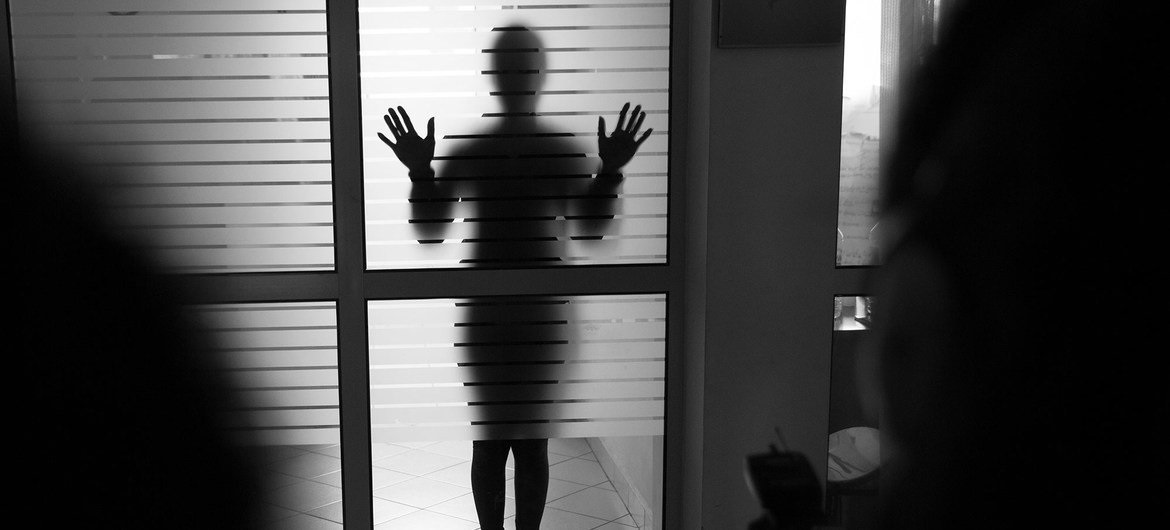More cases of trafficking in Armenia: awareness campaign launched
More cases of trafficking in Armenia
30 July is the International Day against Trafficking in Persons. On this day, Armenia launched a five-month awareness campaign called Blue Heart. It will conclude on 2 December, the International Day for the Abolition of Slavery.
The UN’s Blue Heart campaign aims to raise awareness about human trafficking. The blue heart symbolises solidarity with victims and the cold-heartedness of those who buy and sell people.
The campaign is an initiative of the United Nations Office on Drugs and Crime (UNODC). Armenia joined it in 2020. Since then, the country has held awareness-raising events every year.
In the first six months of 2025, 22 criminal cases related to human exploitation were initiated in Armenia. In comparison, 38 such cases were registered throughout all of 2024. Experts believe these figures indicate not only a rise in incidents, but also more effective efforts to identify them.
- Increase in serious crimes in Armenia, but also more cases solved: five-year statistics
- Equality day: 52% of Armenian women unemployed, never intended to work
- Safe YOU: an application created by Armenian women to help women around the world
Increase in cases of sexual exploitation
Most trafficking cases identified in Armenia relate to sexual exploitation. Forced labour comes second, with victims mainly used in animal husbandry and construction. This was reported by Tigran Kirakosyan, deputy head of the department for investigating trafficking-related crimes.
According to him, victims are mostly from socially vulnerable groups, and the majority do not even have a basic education.
“Statistics from recent years show an increase in such cases. In 2023, 27 criminal cases were initiated in Armenia, 4 of which related to sexual exploitation and the rest to labour exploitation. In 2024, there were 38 cases, 20 of which involved sexual exploitation. Of the 22 criminal cases during the first half of 2025, 15 concerned sexual exploitation.”
Kirakosyan noted that the increase in identified cases is due to more effective work by law enforcement agencies and, importantly, awareness-raising campaigns.
Foreigners are also subjected to trafficking
The head of the NGO Association of Audiovisual Journalists, Arzuman Harutyunyan, notes that in previous years Armenia was considered a country of origin for trafficking victims. Now, however, it has become a “destination country” — meaning that cases of trafficking involving foreign nationals are now being identified. He suggests conducting awareness work among those who come to Armenia in search of employment.
“There are criminal cases involving trafficking of foreign nationals. These include citizens of India, Tajikistan, and Uzbekistan,” added Tigran Kirakosyan, deputy head of the department for investigating trafficking-related crimes.
According to him, these criminal cases have no “judicial prospects”: they have either been closed or remain in the stage of preliminary investigation for extended periods.
Meanwhile, Armenian law provides that foreign citizens or stateless persons subjected to trafficking are also entitled to protection. They are eligible for financial compensation for the harm caused. Additionally, based on the voluntary decision of the victims, the state can organise their safe return to their country of origin. Alternatively, they may be granted temporary residency and the right to work in Armenia.
As for trafficking of Armenian citizens abroad, such cases have significantly decreased in recent years.
In 2023, two cases of forced labour were registered in Russia. No cases of sexual exploitation involving Armenian citizens have been identified in the past five years.
Awareness campaign focuses on vulnerable groups and youth
The goal of the five-month campaign is to raise public awareness and help prevent trafficking. Ani Tatoyan, analyst in the trafficking and women’s issues division of the ministry of labour and social affairs, stated that large-scale activities are planned in the regions — especially targeting vulnerable groups.
According to the head of the NGO Association of Audiovisual Journalists, Arzuman Harutyunyan, meetings with young people who are just entering the labour market are also planned:
“Awareness efforts won’t be limited to in-person visits to the regions. Special attention will be given to online outreach. Trafficking has also moved to online platforms, so awareness and prevention must shift online as well. We want every person to properly assess situations and, if a problem arises, contact the relevant authorities.”
Follow us – Twitter | Facebook | Instagram
More cases of trafficking in Armenia





















